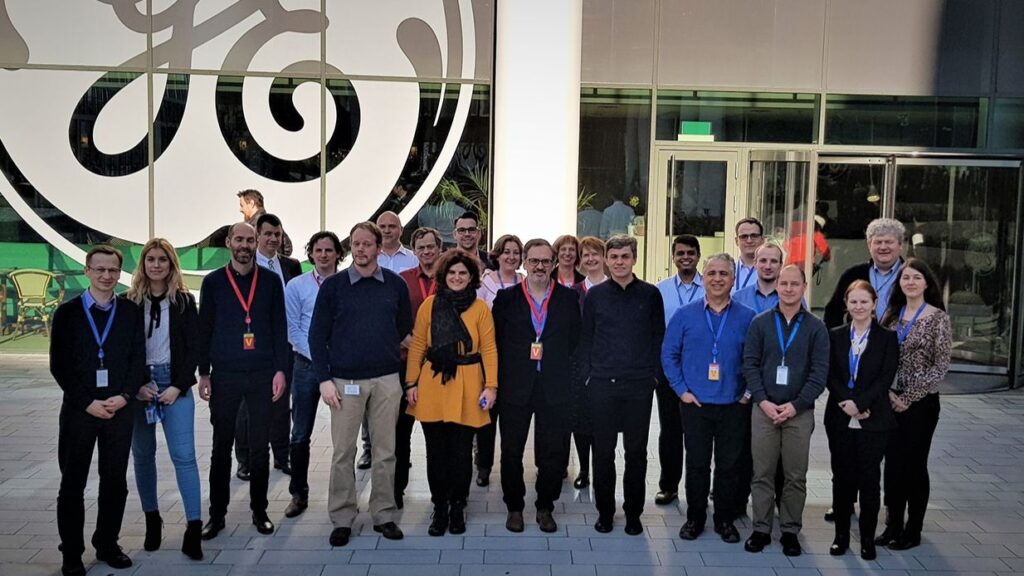The Deep MR-only RT project, led by EIT Health in Hungary, aims to transform radiation therapy for cancer patients by replacing traditional CT scans with enhanced multi-parametric MRI imaging. By leveraging deep learning technologies, the project eliminates the need for multiple scans, reduces patient stress, and improves treatment accuracy. This approach promises a smoother, more efficient workflow for healthcare professionals while delivering better clinical outcomes for patients.
Key Milestones:
- Origins of the Project: Approximately 1-in-3 people will develop cancer in their lifetime, with half requiring radiation therapy. Current methods rely on a combination of MRI and CT scans, which are costly, time-consuming, and stressful for patients. Deep MR-only RT addresses these challenges by developing an MRI-only imaging workflow.
- Collaborative Team: The project brings together a multidisciplinary team from the University of Szeged, King’s College London, and other clinical, academic, and commercial organizations. Their expertise spans medical imaging, radiotherapy physics, machine learning, and project management.
- Funding and Development: With over €8 million already invested by partners and an additional €2.6 million from EIT Health (plus €342,000 in co-funding), the project is set to deliver results within 3 years.
- Technological Innovation: The project combines comprehensive multi-parametric MRI with novel RF coil concepts and deep learning algorithms to automate tumor delineation and organ identification, reducing errors and improving treatment precision.
The Impact:
Deep MR-only RT offers a one-stop solution that enhances patient care while reducing costs. Key benefits include:
- For Patients: Shorter, quieter MR scans improve comfort, eliminate exposure to CT-related radiation, and reduce side effects.
- For Doctors: Streamlined workflows eliminate alignment errors caused by repeated patient setups and nonrigid body motion, potentially improving long-term survival rates, especially for young and pediatric patients.
- For Healthcare Systems: Reduced reliance on CT scans lowers costs and enhances the efficiency of radiation therapy planning.
Technologies Highlights:
- Multi-parametric MRI: Maximizes scan efficiency and image utilization for precise therapy planning.
- Novel RF Coil Concepts: Enhances imaging quality and speed, ensuring accurate tumor and organ detection.
- Deep Learning Algorithms: Automates tumor target delineation and identification of organs at risk, minimizing errors and improving treatment reproducibility.
This project exemplifies how collaboration, innovation, and advanced technology can revolutionize cancer care, benefiting patients and healthcare systems worldwide.

